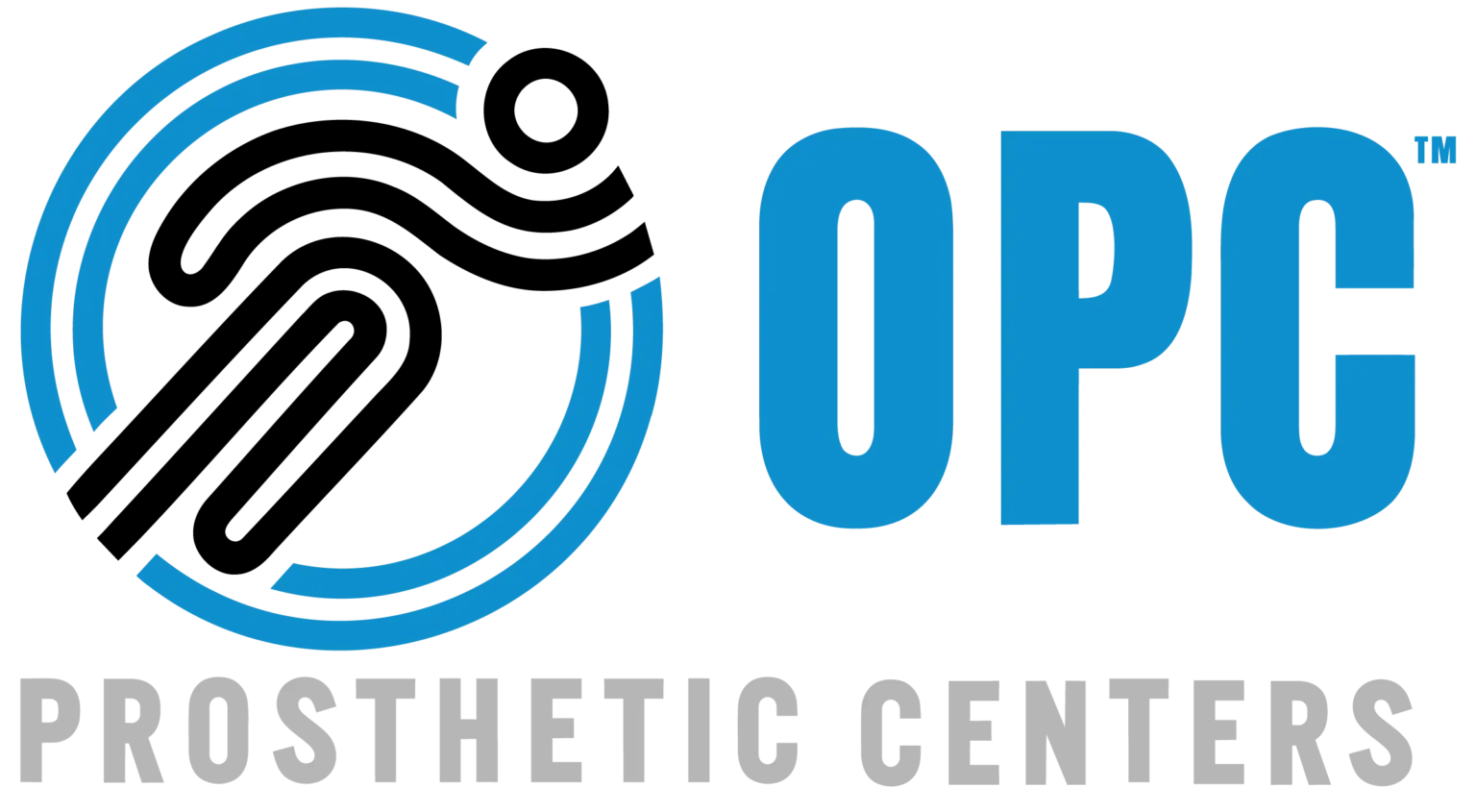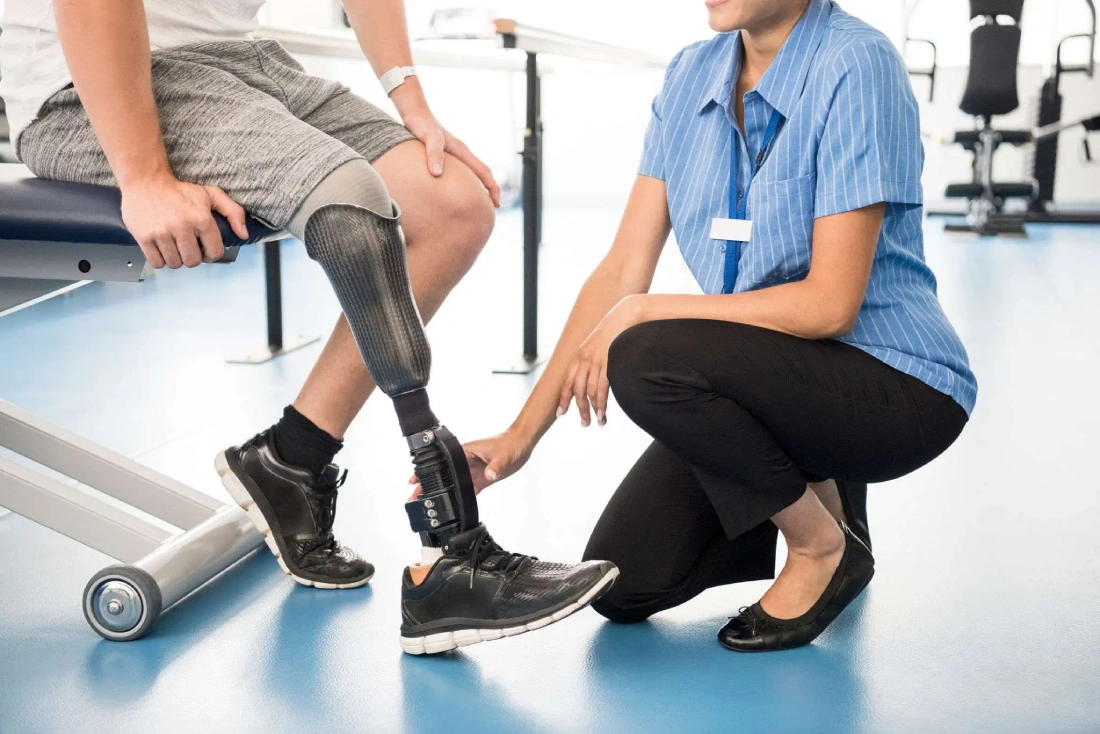In the journey of regaining mobility and independence after the loss of a limb, rehabilitation centers play a crucial role. These centers provide essential support and guidance for individuals adjusting to prosthetic limbs. The process of prosthetic adjustment is multifaceted, involving physical, emotional, and psychological adaptation. Rehabilitation centers, with their specialized services and professional expertise, are pivotal in ensuring that this transition is as smooth and successful as possible.
Understanding Prosthetic Adjustment
Prosthetic adjustment refers to the period and processes through which an individual adapts to using an artificial limb. This adjustment is not merely about learning to walk or grasp objects again; it encompasses a holistic approach that includes physical conditioning, emotional support, and social reintegration.
Physical Rehabilitation and Training
One of the primary roles of rehabilitation centers in prosthetic adjustment is physical rehabilitation. This involves a structured program of exercises and activities designed to improve strength, flexibility, and endurance. Physical therapists work closely with patients to ensure they can effectively use their prosthetic limbs. This training is crucial because it helps patients build the necessary muscle strength and coordination required to operate their prosthetics efficiently.
Rehabilitation centers provide a controlled environment where patients can practice and hone their skills. These centers are equipped with advanced technologies and tools that aid in the rehabilitation process. For instance, gait analysis systems can help therapists assess a patient’s walking pattern and make necessary adjustments to the prosthetic limb to improve balance and stability.
Psychological Support
The loss of a limb can be a traumatic experience, leading to a range of emotional and psychological challenges. Rehabilitation centers offer vital psychological support to help individuals cope with these changes. Psychologists and counselors work with patients to address issues such as grief, depression, and anxiety, which are common during the prosthetic adjustment period.
Support groups and peer counseling sessions are often organized within rehabilitation centers. These groups provide a platform for individuals to share their experiences and challenges, fostering a sense of community and mutual support. Knowing that they are not alone in their journey can significantly boost a patient’s morale and confidence.
Customization and Fitting
A crucial aspect of prosthetic adjustment is the customization and fitting of the prosthetic limb. Rehabilitation centers have specialized technicians and prosthetists who work to ensure that each prosthetic device is tailored to the individual’s unique needs and anatomy. This customization is essential for comfort and functionality.
The fitting process involves multiple stages, including initial assessment, casting, fitting of the test socket, and final adjustments. Rehabilitation centers provide the necessary facilities and expertise to carry out these procedures meticulously. Proper fitting can prevent issues such as skin irritation, pressure sores, and discomfort, which are common problems faced by prosthetic users.
Training in Daily Activities
Rehabilitation centers also play a vital role in training patients to perform daily activities with their prosthetic limbs. Occupational therapists work with patients to teach them how to carry out tasks such as dressing, cooking, and personal hygiene. This training is tailored to the individual’s lifestyle and goals, ensuring that they can achieve maximum independence.
Adaptive techniques and tools are often introduced during this phase. For example, a person with a prosthetic arm may learn to use adaptive utensils for eating, or a person with a prosthetic leg may be trained in techniques to navigate stairs safely. This practical training is essential for enhancing the quality of life and promoting self-reliance.
Social Reintegration
Beyond physical and psychological support, rehabilitation centers facilitate social reintegration for individuals adjusting to prosthetics. The loss of a limb and the subsequent adjustment to a prosthetic can impact a person’s social interactions and relationships. Rehabilitation centers offer programs and activities aimed at rebuilding social confidence and skills.
Workshops on communication skills, social etiquette, and assertiveness training are often part of the rehabilitation curriculum. These programs help individuals navigate social situations more comfortably and confidently. Additionally, rehabilitation centers may organize social events and outings, providing opportunities for patients to engage with others in a supportive environment.
Continuous Monitoring and Follow-Up
The journey of prosthetic adjustment does not end once the patient leaves the rehabilitation center. Continuous monitoring and follow-up are essential to ensure long-term success and comfort with the prosthetic limb. Rehabilitation centers provide ongoing support through regular check-ups, where any issues with the prosthetic or the patient’s health can be promptly addressed.
Adjustments to the prosthetic limb may be necessary over time due to changes in the patient’s physical condition or lifestyle. Rehabilitation centers offer the expertise to make these adjustments, ensuring that the prosthetic remains functional and comfortable. Regular follow-up appointments also allow for the assessment of progress and the setting of new goals for continued improvement.
Innovation and Research
Rehabilitation centers are often at the forefront of innovation and research in prosthetic technology and rehabilitation techniques. They collaborate with research institutions and medical professionals to develop new methods and tools that enhance the prosthetic adjustment process. By staying updated with the latest advancements, rehabilitation centers can offer the most effective and cutting-edge solutions to their patients.
Conclusion
The role of rehabilitation centers in prosthetic adjustment is indispensable. These centers provide comprehensive support that addresses the physical, emotional, and social aspects of adjusting to a prosthetic limb. Through physical rehabilitation, psychological support, customized fitting, daily activity training, social reintegration, continuous monitoring, and involvement in innovation, rehabilitation centers ensure that individuals can achieve maximum functionality and independence with their prosthetic limbs.
For those embarking on the journey of prosthetic adjustment, rehabilitation centers offer a beacon of hope and a pathway to a better quality of life. Their multidisciplinary approach ensures that each patient receives personalized care tailored to their unique needs, ultimately leading to successful reintegration into daily life and society.


